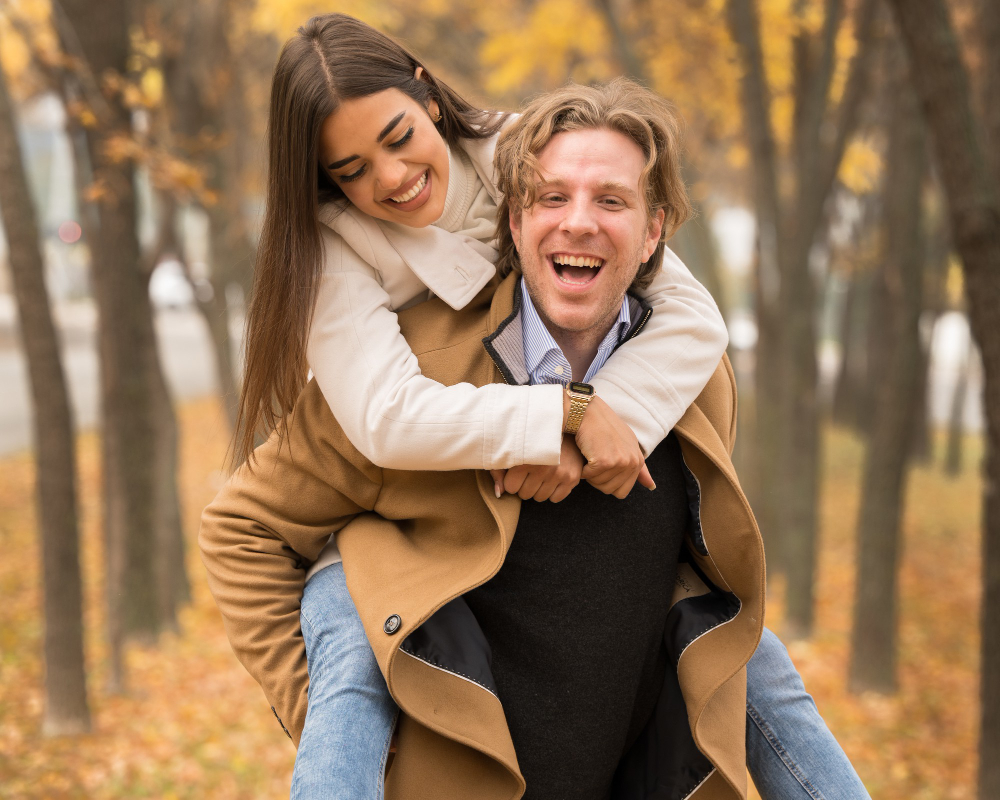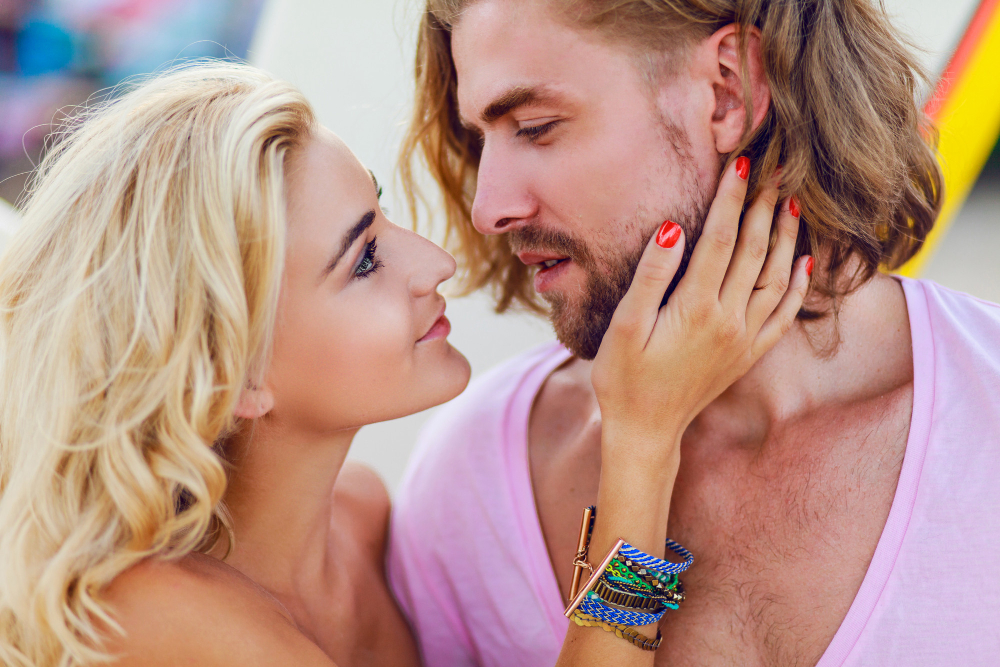On social networks today, there is a critical attitude towards that expression and what it represents. However, experts believe that such relationships can be beneficial.
The term “parasocial relationship” was first used by sociologists Donald Horton and Richard Worle in 1956 when they studied the relationship between viewers and television personalities, such as news anchors and soap opera stars.
Elizabeth Perce, a professor of communication at the University of Delaware, says that a parasocial relationship is an “illusion of friendship” with a public figure. On social networks today, there is a critical attitude towards that expression and what it represents. However, experts believe that such relationships can be beneficial.
Also read this: How to tell if a person is lying: Reliable tricks used by psychologists
Parasocial relationships have helped us to bear isolation more easily during the pandemic, says therapist Audrey Hope.
Professor Pers began studying parasocial relationships in the 1980s. Since then, thanks to social networks, celebrities have become more available and accessible, which creates an impression of closeness.
Also read this: Can BITANGA and PRINCESS be a couple?!
“The media has changed,” says Persova. “I especially notice that on Instagramwhere carefully crafted messages lead people to interact and create a sense of friendship.”
In the past, parasocial relationships were studied in the context of examining the feelings that fans had towards the character a certain star portrayed. Experts say the meaning of the term as it is used today is more “complex” – as fans become attached to the actual personality of the celebrity.
Also read this: What you must be able to do if you want to be happy
Stars are, after all, human beings—it’s theoretically possible that they’ll interact with you on social media or even start a relationship, explains Wendy Gardner, a professor of social psychology at Northwestern University.
But if you think that one of these people is your friend, and she has no idea who you are, then that falls under the framework of parasocial relationships.
Also read this: ADULTERY is never a good idea: Here’s why it will make your life miserable!
Elizabeth Perce believes that relationships with celebrities on social networks are an illusion. “You get the illusion of a conversation, and you might not even be talking to a famous person, but to their social media manager,” she says.
Parasocial relationships helped us to bear isolation during the pandemic period

It seems normal when one follows everything their favorite artist, author or actor creates. But Gardner emphasizes that being a fan and developing a parasocial attachment are not the same thing.
“The parasocial relationship is determined not by the amount of time you spend thinking about the star, but by how you feel,” says Professor Gardner. The key difference is in the feeling of attachment to that person.
Also read this: Never obsess over a guy: Here’s why it’s counterproductive!
“You can be a huge fan of a celebrity without having a parasocial relationship with them,” says Gardner.
For example, if you admire a certain actress, you will go see a movie just because she is in it. But this does not mean that you will feel that you are bound by friendship.

Many social patterns have changed during the pandemic. Some people crave social interaction.
“Sometimes people develop parasocial attachment because they have no other way to meet those needs,” says Wendy Gardner, and Elizabeth Perce adds, “It’s normal for us to do that because we’re social beings.”
Also read this: BUSY MAN, single recently or always – the question is now!
According to Gardner, parasocial relationships cannot be compared to real ones, but it is better to have them than to be completely deprived of a sense of social connection.
And Audrey Hope believes that parasocial relationships can be useful, but only as long as they are not used as a substitute for real relationships.
“When we start chasing a celebrity or replace real relationships with parasocial ones, that’s when we enter the realm of the unhealthy.
Also read this: Tell me where he took you on the first date and I’ll tell you what kind of man he is
You have to ask yourself, “What benefit am I getting out of this relationship? Why am I so obsessed with this star? Am I distracting myself from the real problems in this way?”
Source: www.sitoireseto.com


